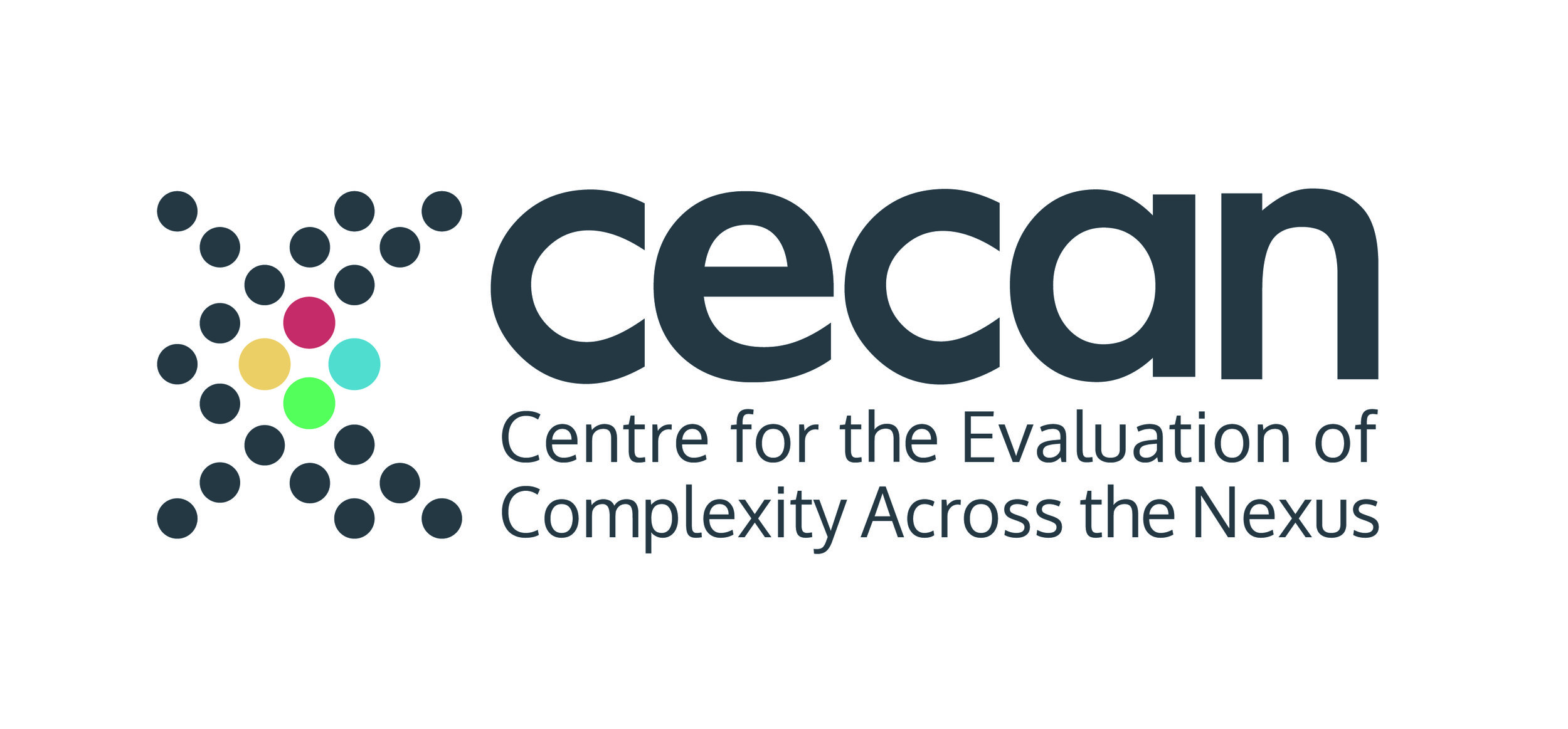CEP’s Dr Sian Morse-Jones presented RESEARCH on Consumer Attitudes towards Emerging Food Technologies at The International Food Regulatory Analysis Conference 2021.
Dr Sian Morse-Jones contributed to a session on ‘The future of food – what are the new trends and technologies?’ presenting research on Consumer Attitudes towards Emerging Food Technologies conducted for the Food Standards Agency.
The development of new and emerging food technologies and their applications is a fast-growing area. The Food Standards Agency (FSA)’s focus on protecting consumer interests in relation to food means it needs to understand and keep up to date with consumers views towards these technologies.
Sian’s presentation focused on the key findings from a series of public dialogue events held in different parts of the UK to explore views towards GM foods, nanotechnology in foods, food from cloned animals and cultured meat.
The presentation and recording can be accessed on the conference website here
The final reports from the research are available on the FSA’s website here
For more information about this research please contact Dr Sian Morse-Jones (Principal Consultant, CEP)



